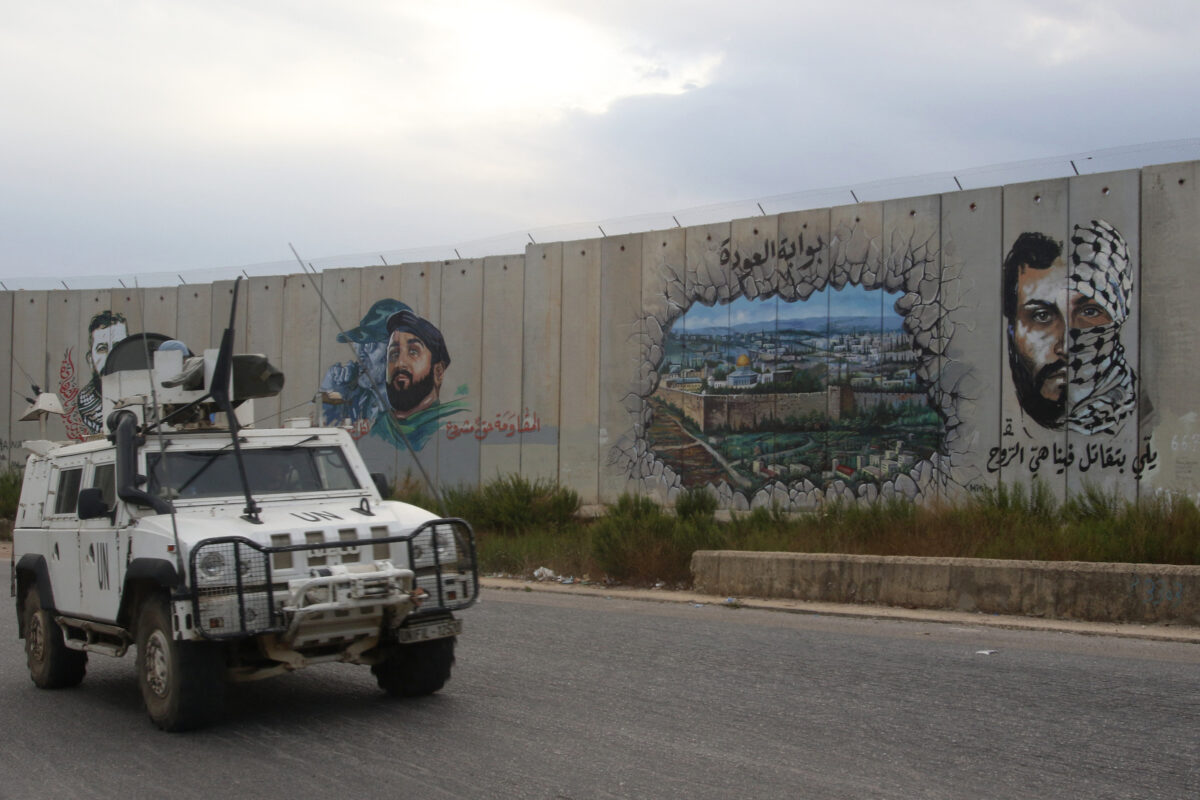
Israeli forces shelled towns in southern Lebanon on Wednesday, responding to a rocket attack by Iran-backed Hezbollah. Israel did not provide further details on casualties.
In a statement, Hezbollah claimed that it had fired guided missiles at an Israeli position in response to the killing of its members by Israeli artillery strikes earlier this week, and pledged ‘decisive’ responses to attacks on Lebanese territory.
Residents of Rmeish said Israeli shelling struck close to them. It is believed that the Israeli artillery were targeting a rocket launch point around Dhayra, across from Arab al-Aramshe. Local Lebanese television station al-Jadeed also broadcast images of smoke rising over a wooded region close to farmland and homes in Dhayra.
Lebanese in the area say the sudden outbreak of increased violence has brought back memories of the 2006 July War; Hezbollah forces captured two Israeli soldiers, hoping to use them to leverage a prisoner swap with Israel. Israel responded by bombing the home of Hezbollah’s leader Hassan Nasrallah, igniting a 34-day conflict in which 1,200 Lebanese people were killed and 165 Israelis died.
This escalation of violence along the border came after Hamas launched a coordinated surprise attack against Israel over the weekend, resulting in over 1200 Israeli deaths. In retaliation, Israel has begun a bombing campaign against the Gaza Strip – targeting offices, housing blocks, tunnels and mosques – as part of what Israeli Prime Minister Benjamin Netanyahu referred to as ‘mighty vengeance’.
Both Hezbollah and Hamas have claimed attacks from Lebanon against Israel. Hezbollah militants launched a guided missile at an Israeli tank, posting a video of its destruction on social media. The Ezzedine al-Qassam Brigades – the armed wing of Hamas – claimed a rocket bombardment on Israel’s western Galilee area and so did the Islamic Jihad.
These exchanges of fire have left hundreds of Lebanese families fearful to leave their homes. Others have fled for the greater security of the capital, Beirut.
Israeli reconnaissance planes have also been sighted flying over southern Lebanon, with aircraft observed circling over various towns and villages in the region. These overflights are considered a violation of Lebanese airspace, and have historically been a source of contention between Lebanon and Israel, adding to concerns of a full-scale escalation.
In the aftermath of the July War, multiple Gulf states donated large sums of money to help reconstruct Lebanon’s destroyed infrastructure. In particular, Saudi Arabia pledged $500 million USD, and deposited $1 billion USD into Lebanon’s central bank.
However, relations between those same Gulf countries and Lebanon have soured in recent times, largely because of Hezbollah’s ties to their regional enemy, Iran. Now, many Lebanese fear they will not get the same level of support again if fighting spills over into Lebanon.
At the same time, frustrations over Lebanon’s dire economic situation – classified by the World Bank as one of the worst crises in over a century – has some Lebanese thinking that things cannot get much worse. The International Monetary Fund (IMF) has also said that there are ‘vested interests’ behind the inaction of Lebanon’s political leaders when it comes to implementing key economic reforms necessary to release emergency funds to Lebanon.
In an effort to curb hostilities, the Lebanese Army announced that a specialized unit had successfully located and dismantled a rocket launching platform in the Qlaileh Plain of southern Lebanon. The platform was discovered during a routine border inspection, with an armed rocket. Army personnel promptly neutralized the threat.
The United Nations Interim Force in Lebanon (UNIFIL) – which acts as a buffer between Lebanon and Israel – has released a statement that it is in contact with both sides to de-escalate this potentially very dangerous situation.







